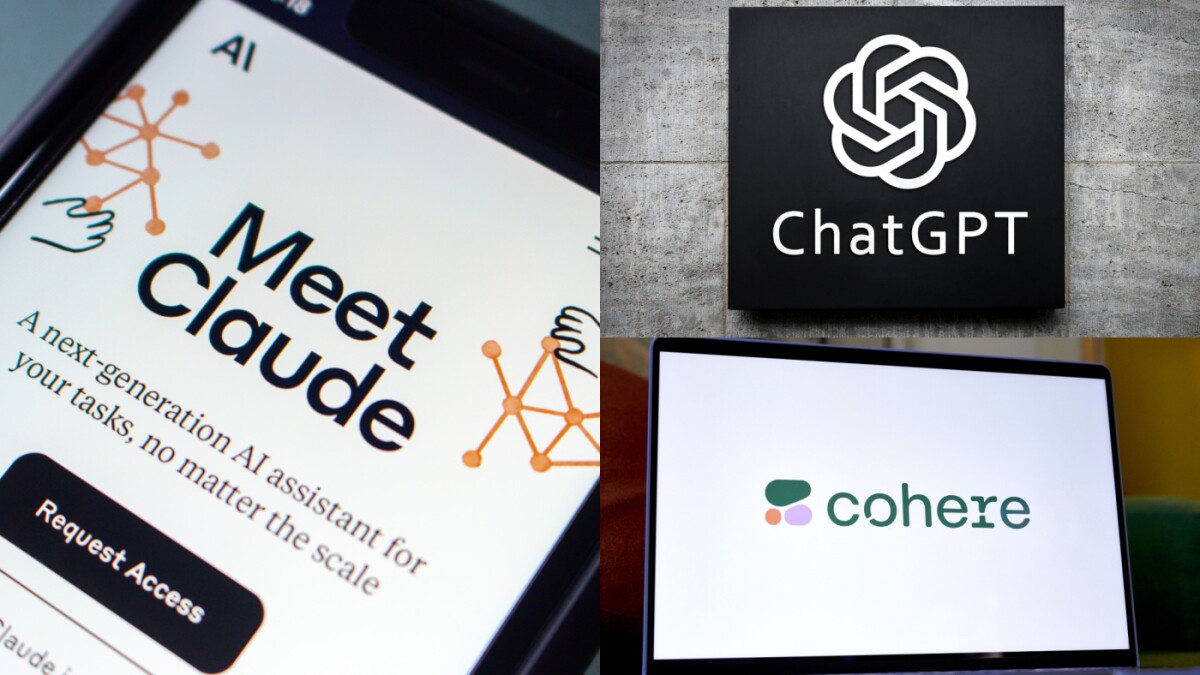Artificial intelligence specialists have long warned about the potential for AI-generated content to distort reality perception. As we approach a pivotal election year, instances of AI-induced confusion are on the rise.
Globally, politicians are deflecting damning evidence, such as low-quality video footage of secret hotel meetings and voice recordings criticizing opponents, by attributing them to AI-generated fabrications. Simultaneously, AI deepfakes are being utilized to spread false information.
The New Hampshire Justice Department recently launched an investigation into robocalls featuring an AI-generated voice resembling President Biden, urging voters to refrain from participating in the Tuesday primary—an unsettling use of AI for voter suppression during this election cycle.
Former president Donald Trump recently dismissed a commercial on Fox News showcasing his widely-documented public mistakes, claiming that the video was altered by AI.
The Lincoln Project, a coalition of moderate Republicans opposing Trump, promptly denied the allegation, clarifying that the advertisement depicted real incidents from Trump’s presidency that were extensively covered and witnessed by numerous individuals.
Hany Farid, a UC Berkeley professor specializing in digital propaganda, introduced the concept of the “liar’s dividend” in relation to AI. This concept allows individuals to refute authentic statements by suggesting they might be AI-generated.
The erosion of truth is a widespread consequence of AI, as highlighted by Libby Lange from Graphika. The pervasive uncertainty surrounding the authenticity of information undermines the concept of an absolute truth, empowering politically-driven entities to manipulate narratives as they see fit.
The misappropriation of AI as a scapegoat extends beyond politics, evident in cases like the alleged AI-generated video involving a Taiwanese politician or the leaked voice recording incriminating a politician in Tamil Nadu, India, for financial misconduct.
Although AI companies discourage the use of their technology in political campaigns, enforcement of this policy remains inconsistent. Recent events, such as OpenAI banning a developer for creating a bot imitating a Democratic presidential candidate, underscore the challenges in regulating AI applications.
The spread of AI-related misinformation transcends political realms to encompass social issues, exemplified by the circulation of an allegedly AI-generated audio clip disparaging specific demographics in a Maryland school environment.
The challenge of distinguishing between genuine and AI-generated content is significant, especially with the progression of deepfake technology replicating voices and appearances with remarkable precision.
The growing concern over AI’s impact on politics and global affairs was a focal point at the Davos conference, where leaders emphasized the danger posed by AI-generated propaganda and disinformation.
Efforts are being made to establish systems for authenticating AI-generated content, but the delay in technological advancement to counter AI progressions remains a critical issue.
In conclusion, the increasing prevalence of AI-generated content emphasizes the urgent necessity for heightened scrutiny and regulation to protect against the spread of misinformation and uphold the integrity of information in an AI-dominated landscape.






